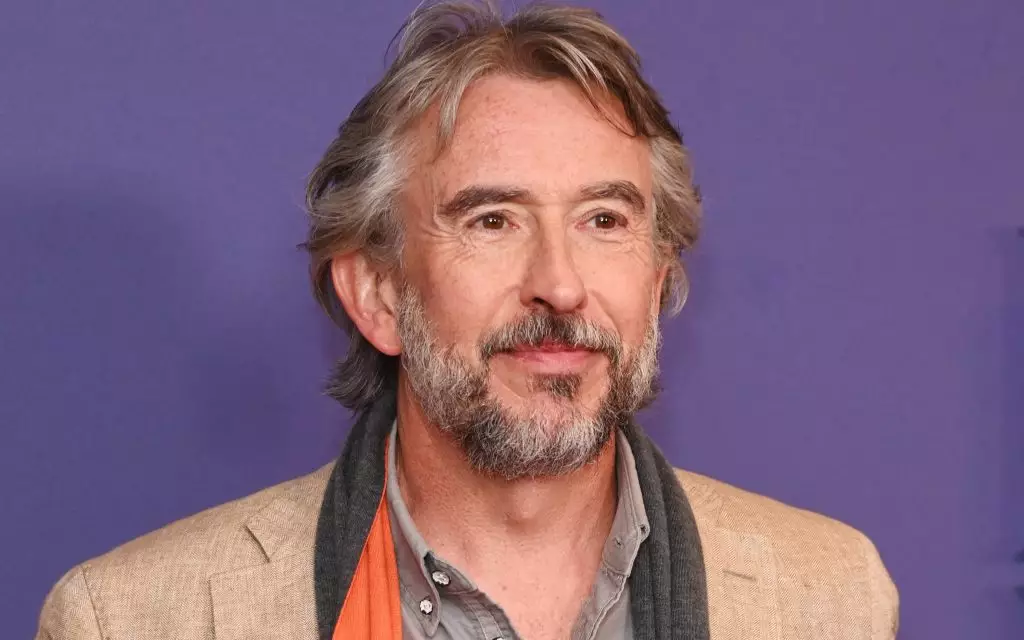In a cinematic landscape that increasingly confronts global challenges, a new project spearheaded by actor and writer Steve Coogan aims to expose the morally dubious practices of public relations in the corporate world. Titled *The Good Life*, this film centers on a London PR guru whose unethical tactics in “greenwashing” the reputations of leading polluters come under scrutiny when he is faced with a terminal diagnosis. This narrative serves as a vehicle for critical reflection on environmental ethics and the personal repercussions of professional misconduct.
Climate Spring, the production company behind *The Good Life*, is positioning itself at the forefront of a growing trend in the entertainment industry—films and television shows that address climate change and its broader implications. With a diverse slate of projects, including adaptations of true stories and fictional accounts that explore environmental themes, Climate Spring is poised to tap into the palpable audience appetite for impactful storytelling that resonates with the urgent issues of our time.
This initiative marks an important shift in how storytelling intersects with activism. Climate Spring’s founder, Lucy Stone, highlights an “ever-increasing appetite” for narratives that are not only entertaining but also socially relevant. She emphasizes that environmental themes can be woven into various genres, which broadens the scope of how climate stories can be told. By making climate change an underlying lens rather than the overt focus, projects like *The Good Life* aim to engage viewers in a more nuanced discussion while still fitting within traditional entertainment formats.
The upcoming slate includes a blend of drama and horror, as exemplified by *The Little Red Hen*, which creatively narrates societal choices in times of crisis. Furthermore, *The American Can*, inspired by the aftermath of Hurricane Katrina, reveals the human dimension of climate-related disasters. Such tales function not only as reflections of our world but also as cautionary narratives that urge viewers to consider their roles in the climate crisis.
Beyond film, Climate Spring is expanding its television production efforts, collaborating with respected production companies such as New Pictures and Me + You Productions. This commitment to diverse storytelling is evident in projects like *After the Flood* and *The Petroleum Papers*, which tackle complex topics surrounding climate change and corporate accountability. By supporting over 40 projects across various genres, Climate Spring underscores the versatility of storytelling in confronting environmental challenges.
The increasing emphasis on climate narratives in both film and television represents not just a response to viewer demand but also an acknowledgment of the need for innovative dialogue surrounding environmental issues. As the global community grapples with the climate crisis, mediums of entertainment will continue to play a crucial role in shaping public perception and inspiring action.
As we move forward, the entertainment industry must embrace its responsibility to inform and engage. Projects like *The Good Life* signify a meaningful entry point into discussions about ethics, accountability, and personal redemption against a backdrop of grave environmental implications. This intersection of storytelling and activism can potentially influence public discourse by illuminating the interconnections between personal choices and larger systemic issues.
The momentum generated by Climate Spring and its projects illustrates the pivotal role that film and television can play in addressing climate challenges. By harnessing the power of storytelling, there is a remarkable opportunity to inspire change and cultivate a more informed and responsible society.


Leave a Reply